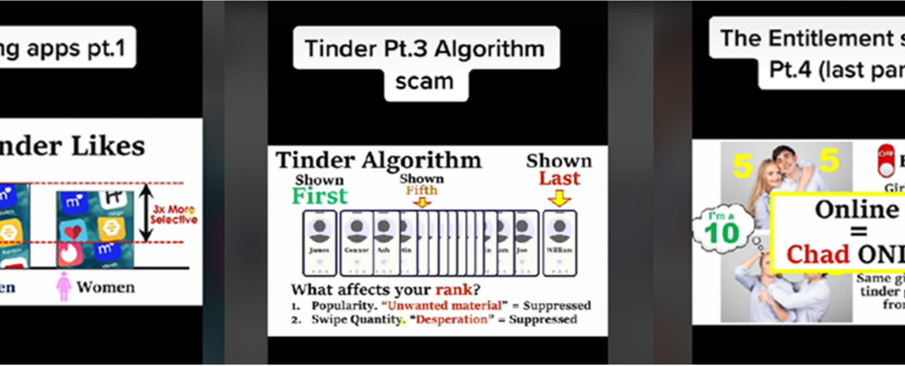Understanding the Meaning of Incel

Introduction
The term ‘incel,’ short for ‘involuntary celibate,’ has been gaining attention in contemporary discussions regarding relationships and online communities. This term refers to individuals, predominantly men, who struggle to find romantic partners despite desiring companionship. Understanding the meaning of incel is essential as it sheds light on the deeper societal issues surrounding relationships, mental health, and the online culture that often fosters such sentiments.
Origin and Definition of Incel
The term ‘incel’ originated in the late 1990s from a Canadian woman who created an online forum intending to discuss her own challenges with dating. However, the term has since evolved significantly. Today, incels often congregate in online forums where they express their frustrations, which can sometimes lead to a sense of entitlement towards romantic relationships.
Incel culture is typically characterized by a mix of resentment towards societal norms, misogynistic attitudes, and a belief that they are unjustly denied romantic prospects. This ideology has garnered attention partly due to cases where some individuals, identifying as incels, have committed violent acts in response to their perceived rejection, drawing concerns from media and law enforcement about the potential dangers associated with this subculture.
Recent Developments and Incidents
In recent years, discussions around incels have surged, particularly following several high-profile violent incidents linked to individuals who self-identified as incels. For instance, the 2018 Toronto van attack, where the perpetrator admitted to being influenced by incel ideology, raised alarm bells about the potential for radicalization among some members of these online communities.
Social platforms have been scrutinized for their role in allowing incel communities to flourish, often exchanging harmful ideas. In response, some social media platforms have attempted to curb these discussions by banning related content and scrutinizing groups that propagate violent ideologies.
Conclusion
The increasing relevance of the term ‘incel’ highlights critical societal issues involving mental health, loneliness, and the role of online communities in shaping beliefs and behaviors. Understanding incel is more than just a linguistic exercise; it serves as a window into the anxieties and frustrations of a segment of society that feels alienated. Moving forward, addressing the underlying issues that feed into incel sentiments will be crucial in reducing violence and promoting healthier relationships. As society grapples with these issues, encouraging open dialogue and education regarding mental health and community support could be pivotal steps toward resolution.








